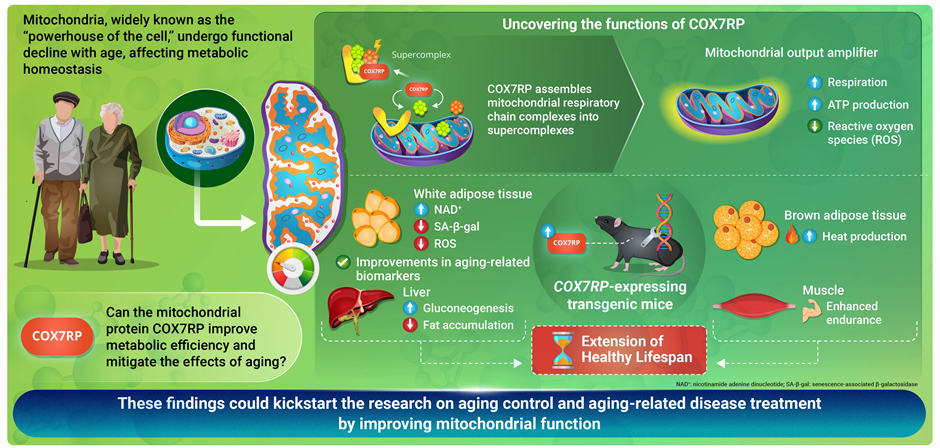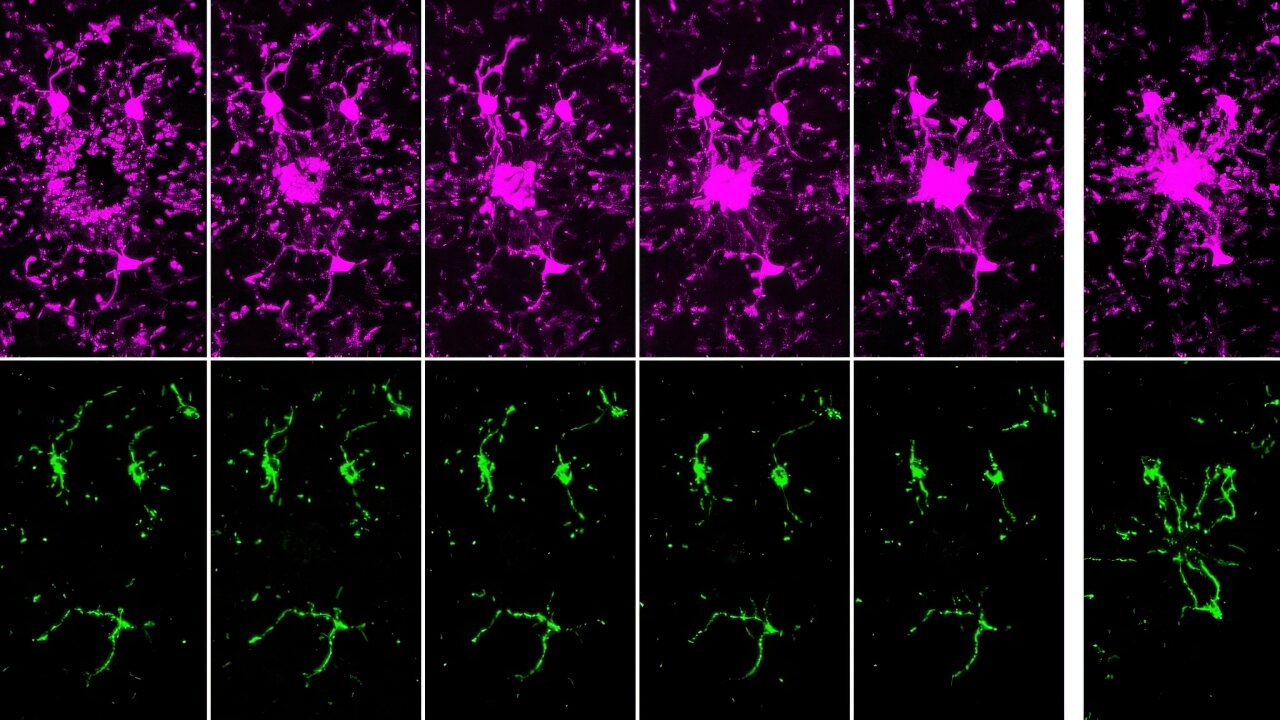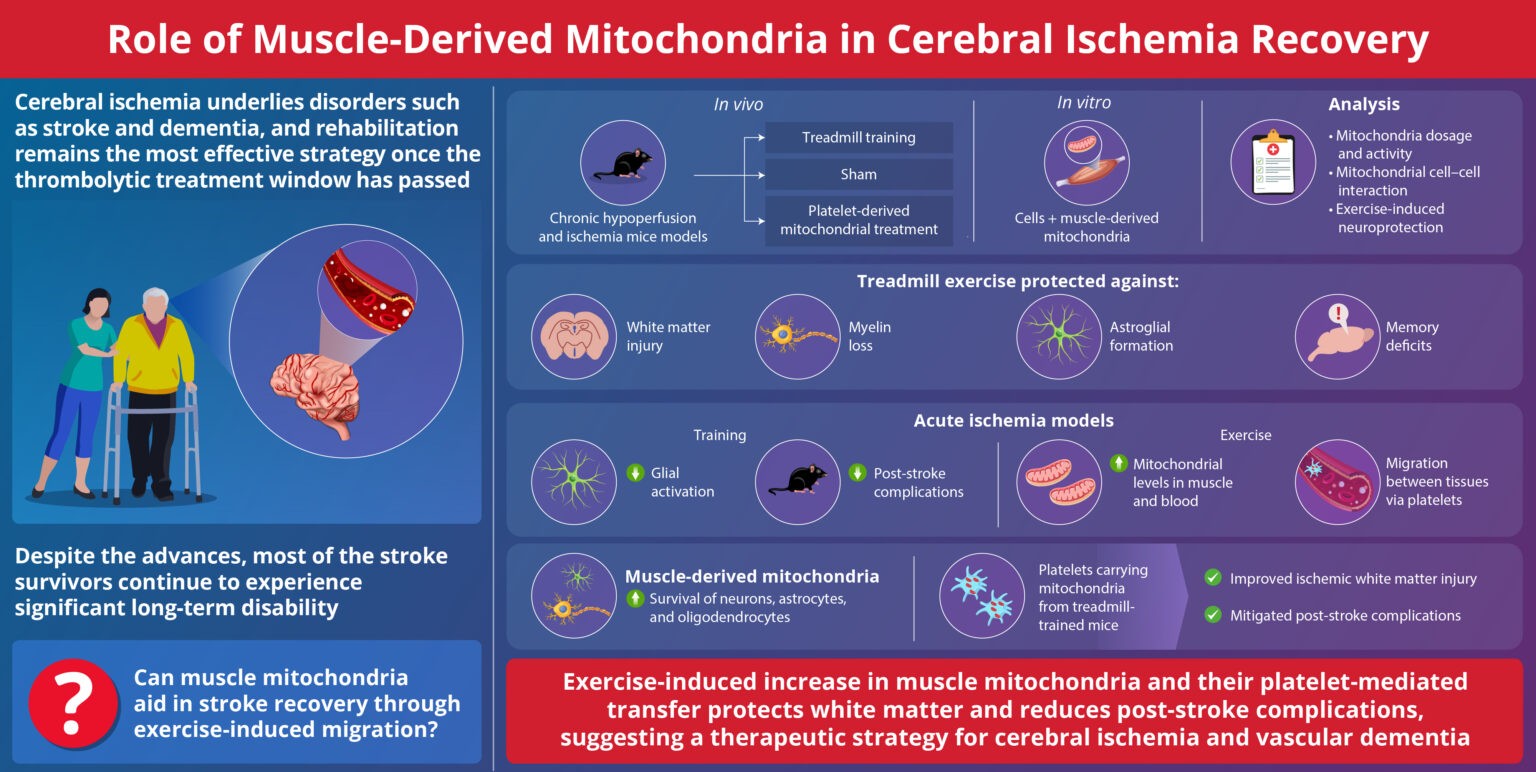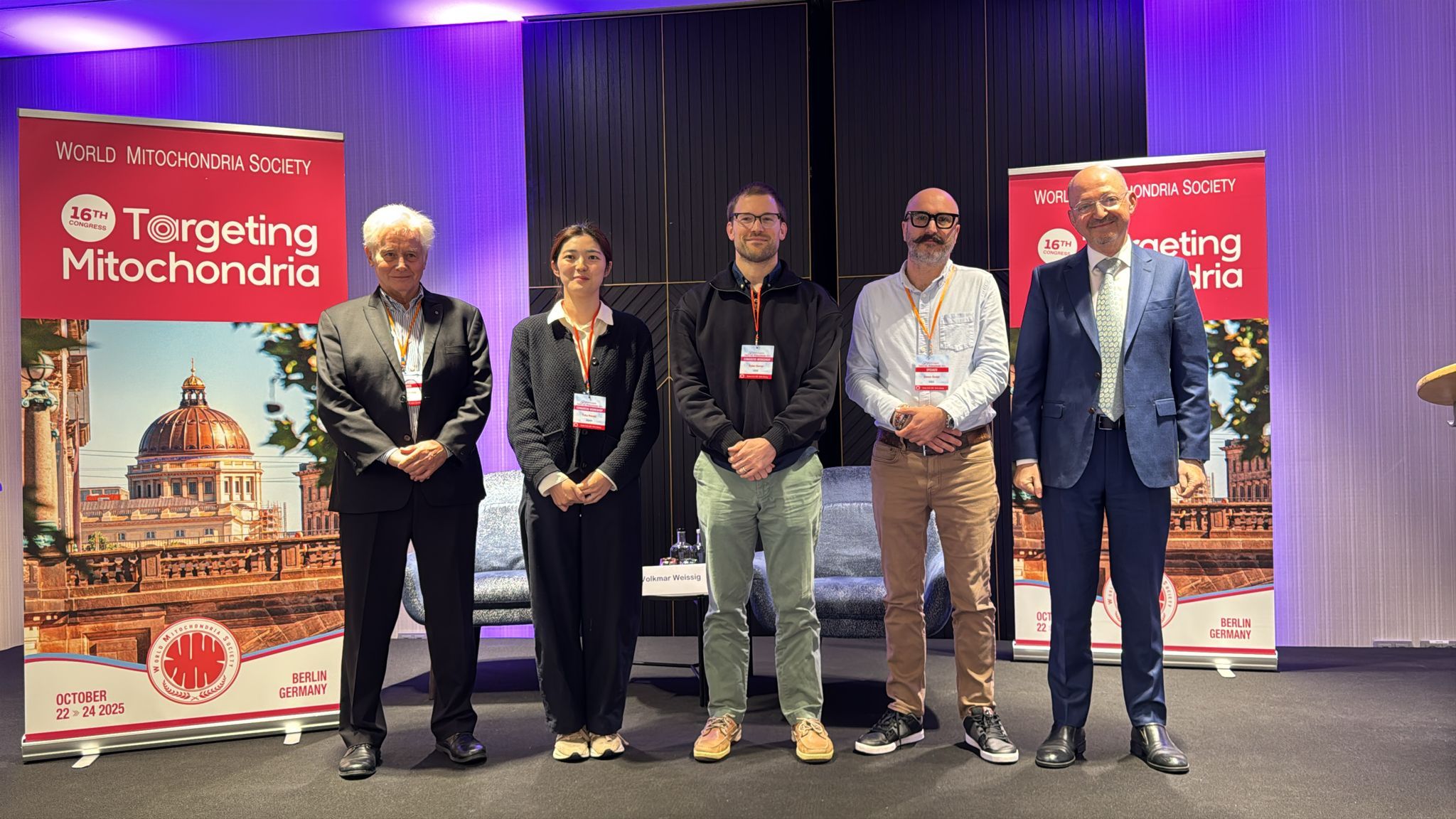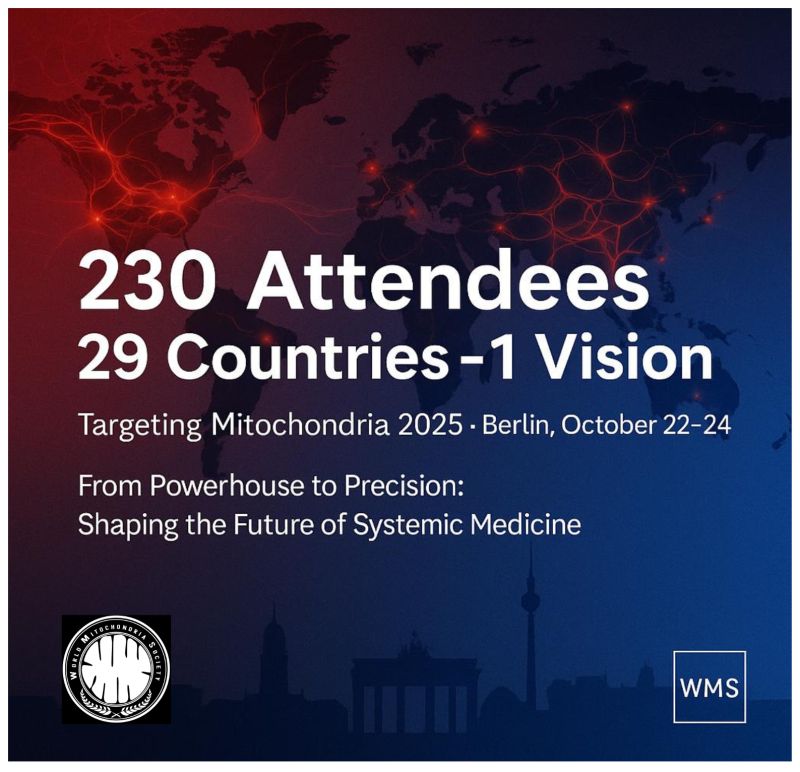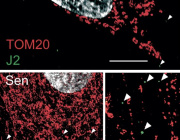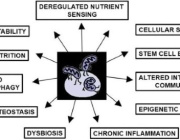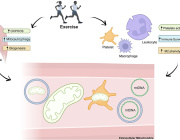What is the impact of mitochondria-targeted antioxidants on cancer progression?
 ROS can be produced at different sites in cells: it can be formed in the plasma membrane, the cytosol, but the main ROS generator is the electron transport chain (ETC) located in the mitochondrial matrix. Interestingly, enhanced or disrupted mitochondrial activity can increase superoxide production within the mitochondria of cancer cells. The increased superoxide production has been associated with cell survival and metastasis. Thus, it has been hypothesized that specifically targeting mitochondrially-produced ROS could reduce the survival and invasive abilities of cancer cells. Consequently, several mitochondrial antioxidants have been developed and tested; but thus far, no studies have defined the impact of mitochondria-targeted antioxidants on the progression of cancer in endogenous mouse models.
ROS can be produced at different sites in cells: it can be formed in the plasma membrane, the cytosol, but the main ROS generator is the electron transport chain (ETC) located in the mitochondrial matrix. Interestingly, enhanced or disrupted mitochondrial activity can increase superoxide production within the mitochondria of cancer cells. The increased superoxide production has been associated with cell survival and metastasis. Thus, it has been hypothesized that specifically targeting mitochondrially-produced ROS could reduce the survival and invasive abilities of cancer cells. Consequently, several mitochondrial antioxidants have been developed and tested; but thus far, no studies have defined the impact of mitochondria-targeted antioxidants on the progression of cancer in endogenous mouse models.
In this talk, Pr Martin Bergö from Sahlgrenska Cancer Center, Sweden, will give an update of their experiments designed to address this issue.
For more information about Targeting Mitochondria Congress: www.targeting-mitochondria.com








